A 74-year-long tour: From invading Israel to engaging with the Taliban
Arab League, 1967. Delegates were vividly discussing a plan to invade Israel in order to force the country to give back land to the Palestinian state. They were gathered around a giant map of Israel and agreed on a sudden attack from all sides in order to destabilise the Israeli government and force it to spread its forces. The plan?
Among other actions, Syria attacks from the Golan heights, Egypt through the Sinai desert and the Western coast, Yemen sends troops in support, Palestine pledges full warfare, Iraq sends military planes from Jordanian bases, Sudan raids Israeli ships in the red sea and Morocco sends naval ships to block the Israeli marine. “The Zionist army is well prepared but together, we have a chance” Cried Iraq, “With unity we can achieve anything” added Yemen. “We have a battle-plan, we have a strategy! Attack from the Golan heights, attack from the Gaza strip! This is war! We will destroy the evil!” concluded the Syrian Arab League.
One delegate was less fervent. Lebanon called for more consideration before planning a full-scale attack. Did they have the necessary legitimacy in the eyes of the world? Could they be punished by their allies and the West? These questions were met with guarantees that in a context of rising tensions with the URSS, the USA would not risk sending troops in support of Israel. “We do not expect interference from the West, everyone is hesitant to intervene in the middle-east in today’s context. This is a purely defensive war and we think the West knows that”.
While nipped-in waists, bold shoulders and full skirts are all the rage, the USSR and the UK butt heads over the creation of a 1948 Universal Decleration of Human Rights. The USSR demands that a communist ideal be implemented, with social-economic rights stemming from the state and not the individual. USSR claims the UK is far too idealistic and liberal in pursuing state-entered freedom and justice, with rights protected by the government.
The UK defend their beliefs with a stern reminder of the importance of equality, “regardless of sex, language, national origin, religion”. A particular area of contention is the right of freedom to expression, which the UK considers a main priority. “It is essential for every human being in a society to feel included”, states the UK. USSR strongly disagrees, claiming that they “believe in the right to agree with the principles of Lenin, and Bolshevism and communism.”
The atmosphere is tense as NATO delegates discuss their involvement in Afghanistan after their withdrawal in 2018. Conversations ebb and flow, from refugees to humanitarian aid to the most controversial of them all, engagement with the Taliban. The consensus between delegates is that they strongly disagree with any attempt to recognise the Taliban. However, committee members agree that they must recognise their importance as a security organisation.
As a result, their 'goal' is to create a resolution that serves as a form of unofficial diplomacy. There is still a divide in proposing some form of economic assistance to Afghanistan, with the Netherlands leading those against the proposition. The pushback stems from other delegates' aims to protect the Afghan people and neighbouring countries by "making sure that they have hospitable resources, food, shelter, water, the necessities of life and survival." Nevertheless, the looming threat of China weighs heavy on the members of the committee.
When asked how NATO will respond to possible discussions between the Taliban and China, one delegate stated, "we're willing to put old, old grudges aside, for the sake of prosperity in the region".
By Yanis and Yashna
